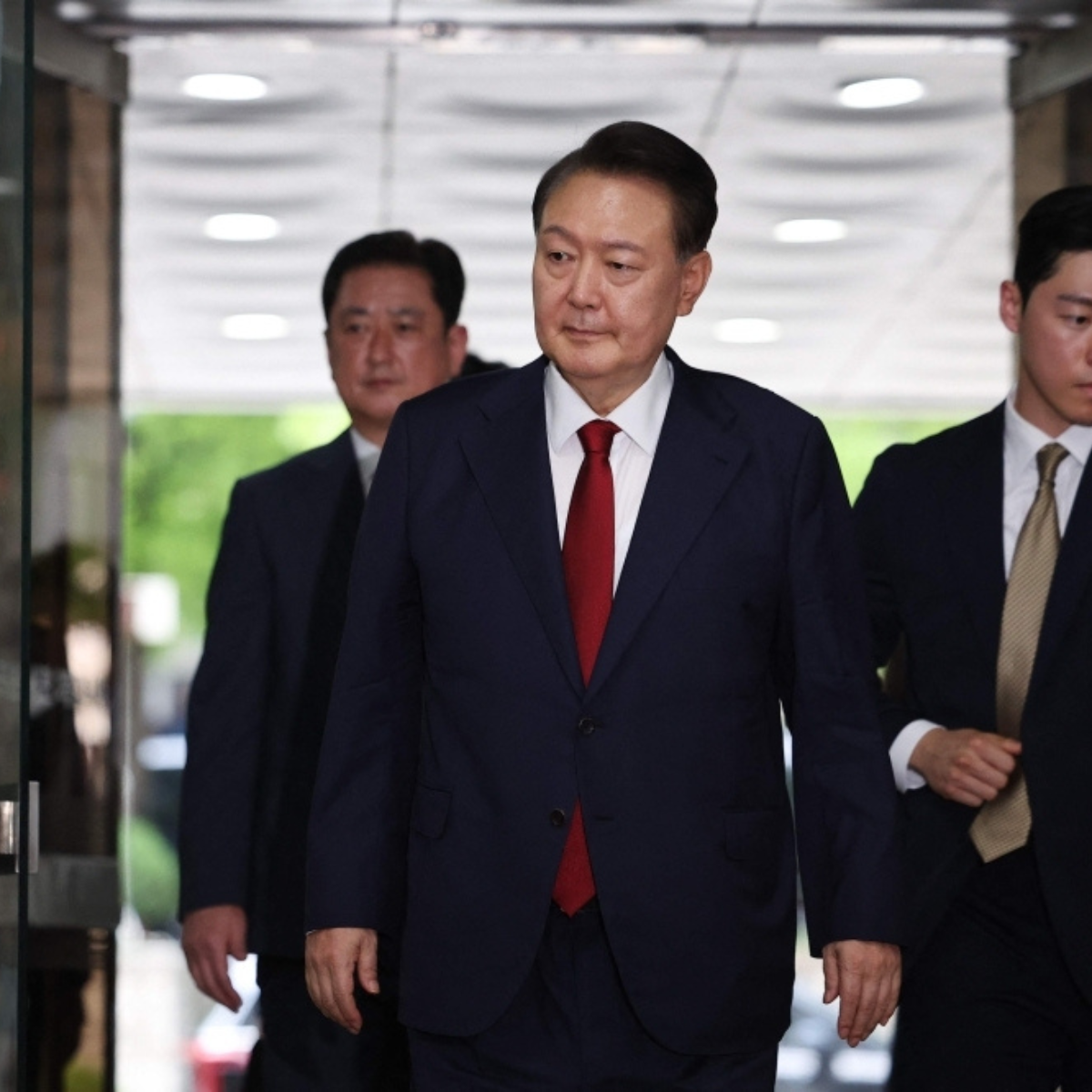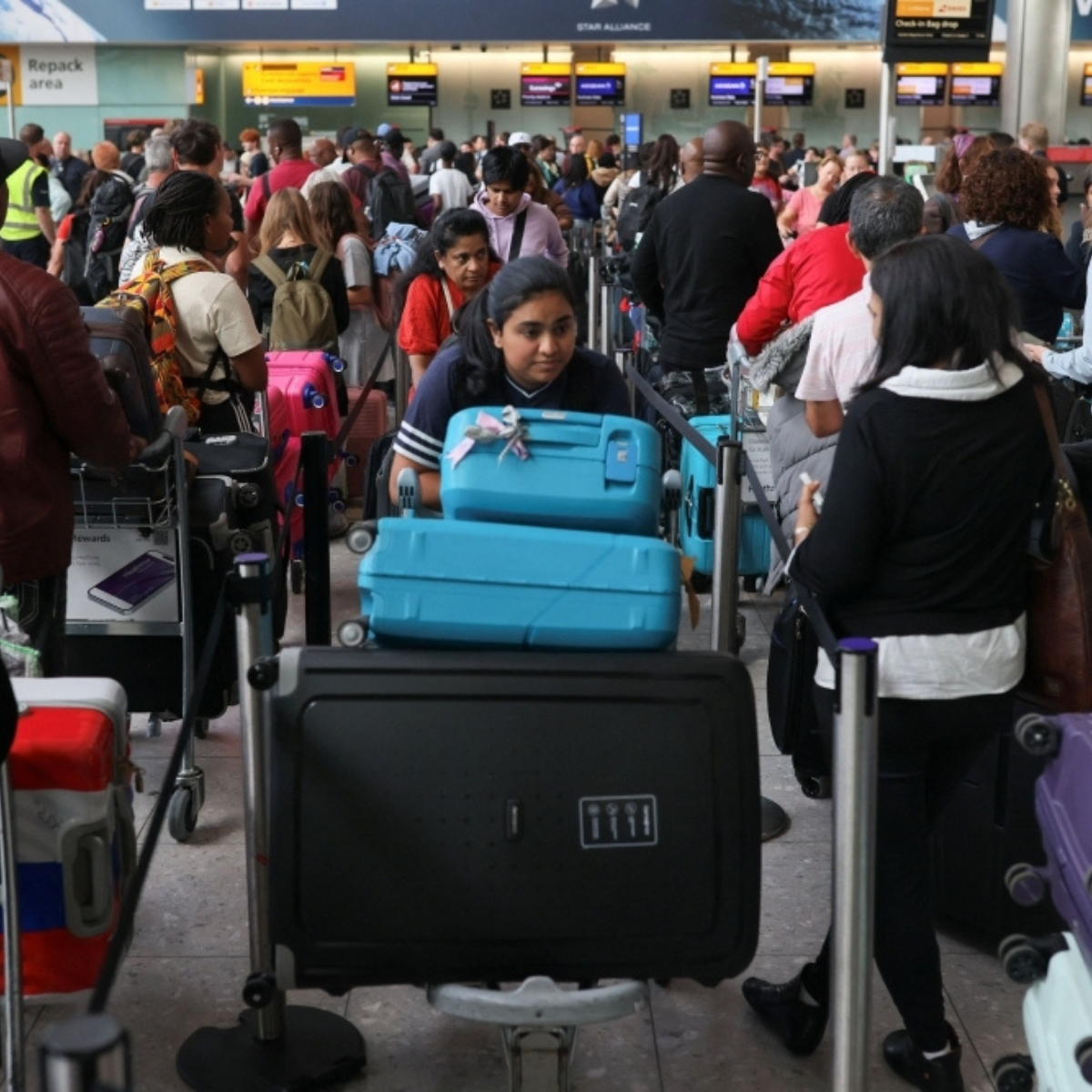BUDAPEST, July 31 —Ferrari has confirmed a multi-year contract extension with Formula One team principal Fred Vasseur, putting an end to speculation surrounding the Frenchman’s future with the team.
KOTA KINABALU, March 17 — Sabah will be given special consideration in the implementation of the controversial citizenship amendments passed in Parliament last October, according to Deputy Chief Minister Datuk Seri Jeffrey Kitingan.
The Keningau MP stated that his support for the amendments was contingent on assurances from the Home Ministry, which pushed through the changes despite concerns from advocacy groups about their impact on marginalised communities.
“They assured me that Sabah would receive special attention. They promised not to make decisions without our input. Because of this assurance, we supported the amendments,” said Kitingan.
The Parti Solidariti Tanah Airku (STAR) president acknowledged the challenges many rural Sabahans face in obtaining citizenship.
“We know that many of them don’t go to hospitals and don’t have birth certificates, but they are rightful citizens. That’s why I wanted Sabah to be exempt from these amendments due to our unique circumstances,” he explained.
Special Briefing and Joint Committee
Sabahan leaders voiced their concerns during a special briefing with Home Minister Datuk Saifuddin Nasution Ismail, who assured them of further discussions before the amendments take full effect.
“We are still working on this, but we need to follow up, perhaps in writing. The meeting minutes are recorded, so we have their word. While there is no formal provision to exempt Sabah, a joint state committee ensures our involvement in the decision-making process,” Kitingan said.
Concerns Over Citizenship Amendments
The amendments passed in October introduced changes to how citizenship is granted in certain cases. While some were seen as progressive, critics argued that others could negatively affect marginalised communities.
Kitingan previously described the amendments as a “double-edged sword,” acknowledging both their advantages and risks, including the potential for increased illegal immigration in Sabah. He had initially advocated for Sabah’s exemption from these changes.
One significant amendment removes automatic citizenship for children born to Malaysian permanent residents. Activists warn that this could exacerbate statelessness, making it harder for affected individuals to access education, healthcare, and employment.
Rural communities and children of mixed parentage are particularly vulnerable, with advocates criticising the government for not consulting them before implementing the amendments.
State-Led Citizenship Process
Kitingan proposed that Sabah take charge of its own citizenship vetting process through a state-run home affairs ministry overseeing labour laws, citizenship, and immigration.
“I still believe we should implement a Sabah IC. There is no legal barrier preventing us from doing so. This would help enforce native and immigration laws and differentiate genuine Sabahans from others,” he said.
He also suggested that a Sabah IC could help identify individuals who obtained citizenship through “Project IC,” a clandestine operation in the 1970s that allegedly granted citizenship to immigrants to manipulate the electoral roll.
Kitingan proposed a grassroots verification process where officers would register individuals from kampung to kampung, collecting biometrics and issuing state-specific identification cards.
“The kampung communities know who belongs there. This verification should be done by native chiefs, and with digital records, the process can be streamlined. To prevent abuse, a three-layer approval system should be implemented,” he suggested.
Addressing Illegal Immigration
Kitingan also highlighted Sabah’s ongoing foreign worker registration exercise, which has exposed a widespread reliance on undocumented workers, particularly in the plantation sector.
Sabah’s oil palm industry requires tens of thousands of workers, yet a pilot study revealed that over half of them, including those in government-linked companies, are undocumented.
Initially, the exercise aimed to encourage voluntary registration, regardless of a worker’s legal status, by offering free registration. However, Kitingan recently discovered that fees were being charged for the process, contrary to the original plan.
“They were not supposed to charge for initial registration, as the goal was to get accurate data first. But suddenly, I’m hearing that hefty fees are being imposed. This was not my intention,” he said.
“I am disappointed by these high charges. I heard they have been reduced, but I don’t know by how much. My position is that we need the data first—register them at our cost if necessary—so we have a complete picture,” he added.
Kitingan proposed an annual renewal system once data collection is completed.
“This data will guide our decisions. I will raise this issue in our next meeting so we can restructure the process accordingly,” he said.
He emphasised the need to provide proper documentation for workers to prevent economic losses.
“Many workers lack bank accounts, healthcare access, and schooling for their children. Both sides are losing opportunities. I believe they want to be legal, and the only way forward is documentation,” he said.
As of April 2024, the Sabah Integrated Management of Foreign Workers and Non-Residents (SWIMS), under GLC Smart Sabah, had registered 39,276 individuals since its launch in September 2022.
This includes 21,994 workers in agriculture and construction, along with 17,282 dependents. The system digitally profiles foreign workers using personal data, facial recognition, along with 17,282 dependents. The system digitally profiles foreign workers using personal data, facial recognition, and biometrics.






